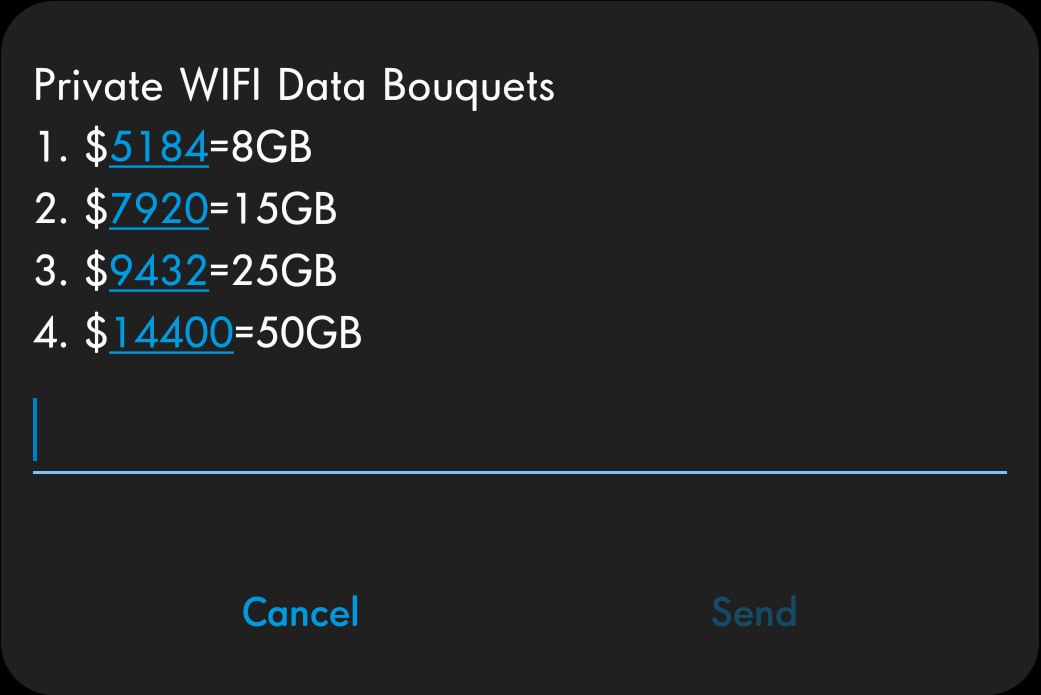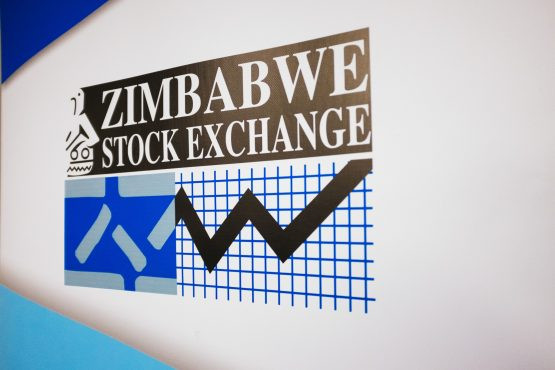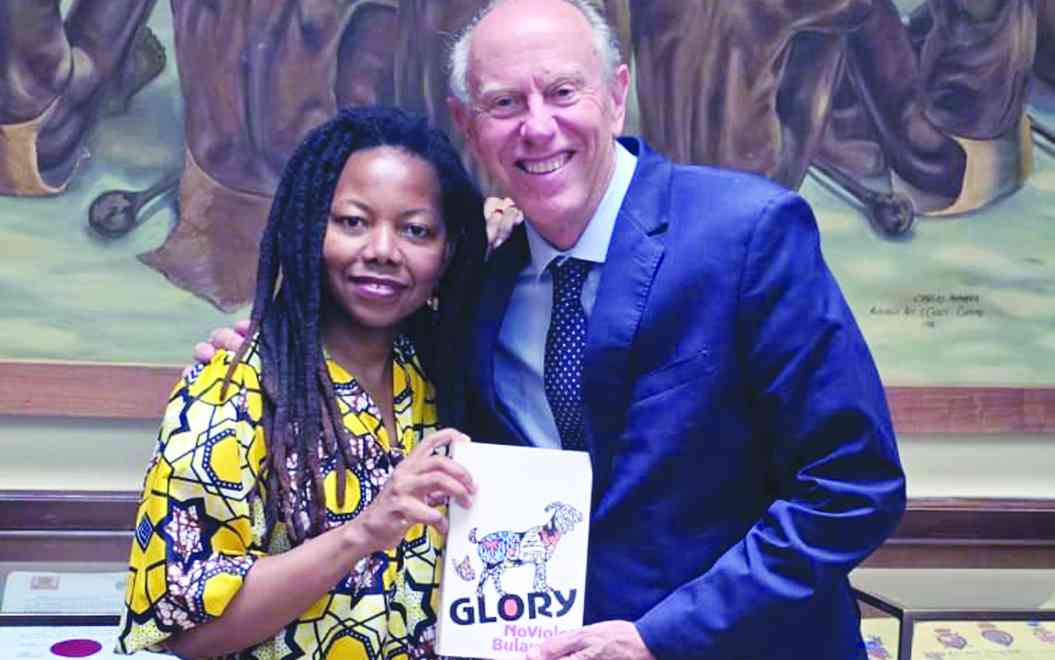
ONE of the first steps in the financial planning process involves coming up with a position of net worth, which involves listing all assets against liabilities and coming up with a net position.
While most people would consider amassing more assets as the best strategy, a key question would be: “What is your biggest asset?
Is it your car, house, or some form of financial investment?
Piggy maintains that your “future earnings capacity” is your biggest asset. In fact, this is the main reason why insurance is important.
You cannot leave this asset uninsured against injuries, sickness, and disability.
Managing your finances tightly and starting to save is all very well but what happens if your biggest asset (you and your ability to earn an income) is put out of action?
There are risks involved in today’s lifestyle and it is critically important that you analyse your individual circumstances and risks and get protection against the very real possibility of you not being able to generate an income.
There is a fine balance in ensuring you do not have too much cover or too much of the incorrect product and then also having some money over to keep a savings plan on track.
- Stop clinging to decaying state firms
- Piggy's Trading Investing Tips: De-risking mining projects
- Chance to buy 'undervalued' counters: FBC
- Zimbabwe's capital markets collapse
Keep Reading
In the same way that most individuals self-diagnose and self-medicate, there is need to carry out a regular assessment of your risks and protection.
Piggy recommends individuals and households to do the following:
Secure or protect income and any future earnings;
Create a freedom or emergency fund; and
Start saving for retirement as early as possible.
Piggy notes that Zimbabwe Stock Exchange-Direct and C-Trade provide a perfect platform to create a personal freedom or emergency fund that can cover households and individuals on unplanned spending such as medical and dental emergencies, car repairs and insurance excesses.
Case study: Successful retail investor
One of the most interesting stories when it comes to investing as a retail investor on the Zimbabwe Stock Exchange (ZSE) relates to the case-study of Roy Turner.
He died in 2019 at the age of 86 and was an astute investor on the local market.
He held a significant portfolio on the ZSE given that he appeared on many top 20 shareholder lists for ZSE companies.
Some of his holdings were in Masholdings, Masimba Holdings, Proplastics and African Sun.
Piggy notes that in September 2005, SCAIFLOW Investments (Turner’s company) became one of the leading investment vehicles on the ZSE, spreading its interests across 24 listed companies out of the 80 counters.
While Roy Turner was very conservative, never married and used a bicycle as his mode of transport, a lot of ideas can be learnt from him regarding investing on the stock market.
Some folks have cited that it is difficult to start investing given the minimum investment thresholds that have been set by local brokerage firms. However, both C-Trade and ZSE-Direct enable one to start with investing even with small amounts.
The time is stock o’clock
Piggy has been consistent in his commentaries that the stock market in Zimbabwe has been looking cheap for some time.
It is worth noting that there has been a significant change in economic fundamentals, particularly on the currency front.
Market capitalisation of the ZSE has also declined in US dollar terms over the years. Another phenomenon is that liquidity constraints on the local market have led to sessions of limited buying activity.
Foreign investors have also been exiting the market given a plethora of risks (political, foreign exchange, consumer sentiment and repatriation risk).
In other words, this suggests a perfect way to buy into distressed companies, special situations, and under-priced stocks.
Piggy maintains a strong view that the stock market offers a feasible option to hedge against value destruction. Stocks on the ZSE are looking cheap. Timing is everything on the stock market.
In his book, Stock Market Intelligence, Investing Made Easy, Jeff Luke proposes the PALMS Filtering System as a technique for stock picking.
According to Luke, investors should answer the following questions before buying a stock;
Profitable — Is the company profitable?
Adaptable — Is the company adapting to changing technology?
Loyal customers — Are customers devoted to the company’s brand?
Moat — Does the company possess a durable competitive advantage?
Sensible price — Is the stock selling at a price that makes sense?
The PALMS technique is useful for identifying good stocks to buy.
Remember the key is buying and selling high.
On the ZSE, Piggy likes companies with regional operations, that are well managed or are net exporters as they provide value preservation opportunities to investors with a long-term perspective.
Overall, one of the most powerful tools that can be used to enhance your ability to create future earnings is an investment in financial education.
An investment in financial knowledge enhances your capacity to create earnings.
This also enables one to employ consistent and bankable investment strategies on the market.
For more insights, join a PiggyBankAdvisor WhatsApp Group (+26378 358 4745).
- Matsika is the managing partner at Mark and Associates Consulting Group and founder of piggybankadvisor.com. — +263 78 358 4745 or [email protected]/ [email protected].











